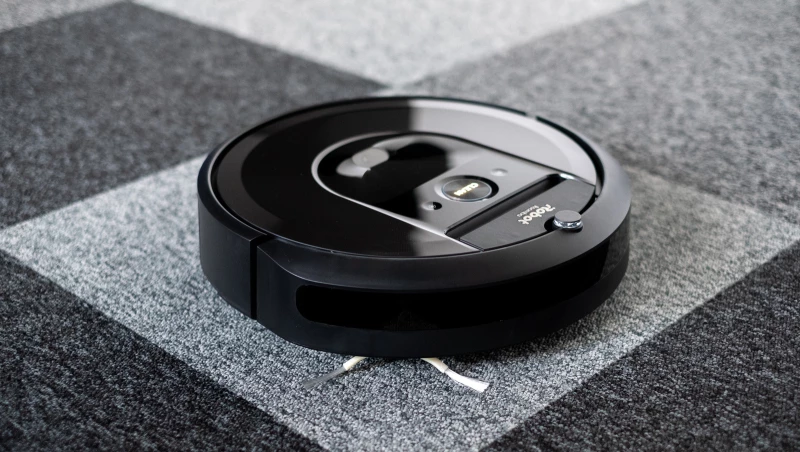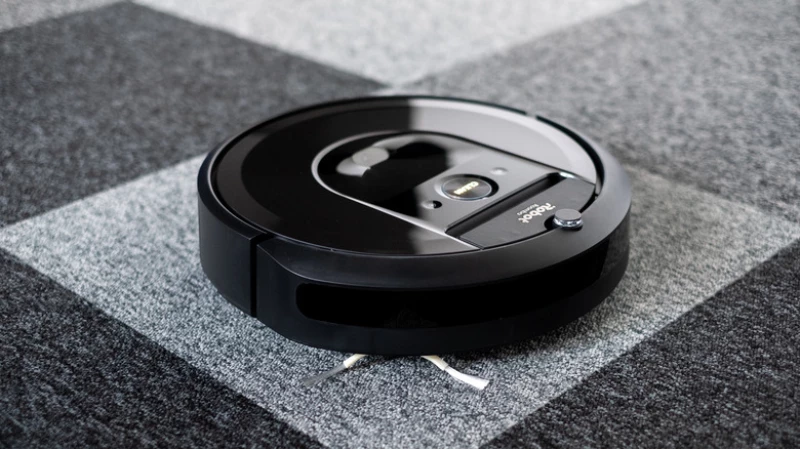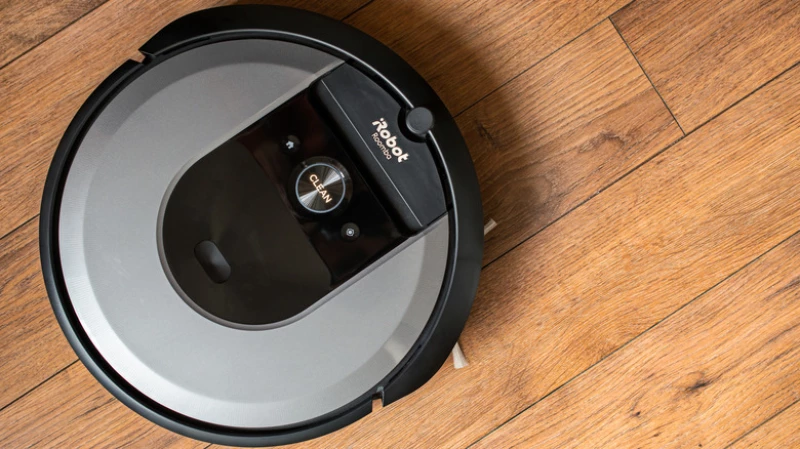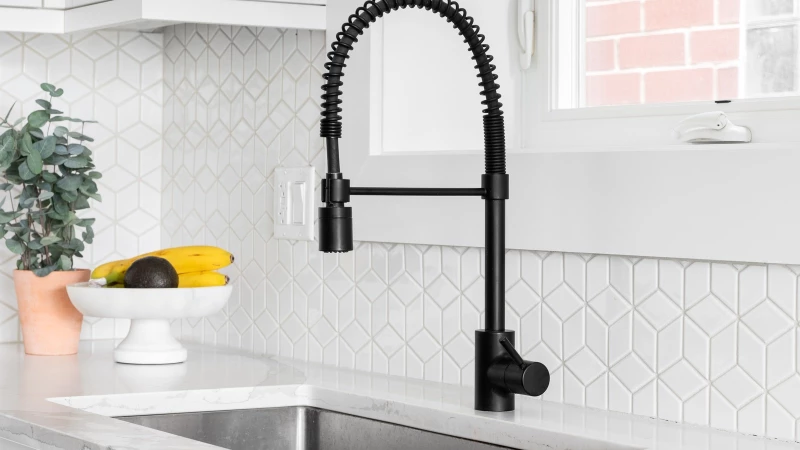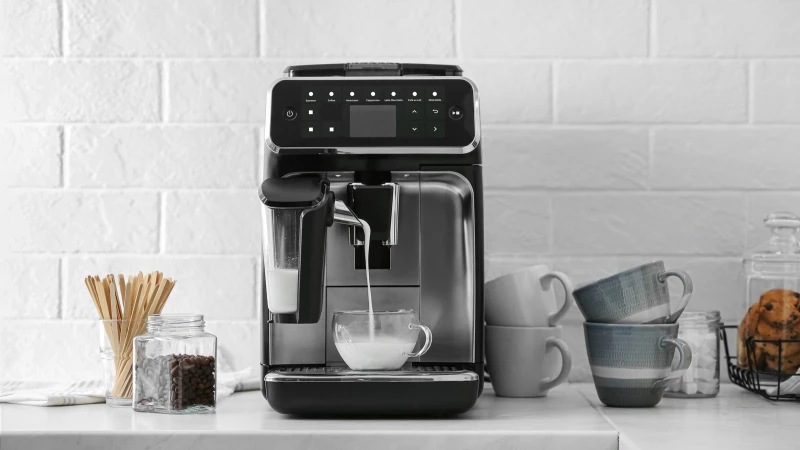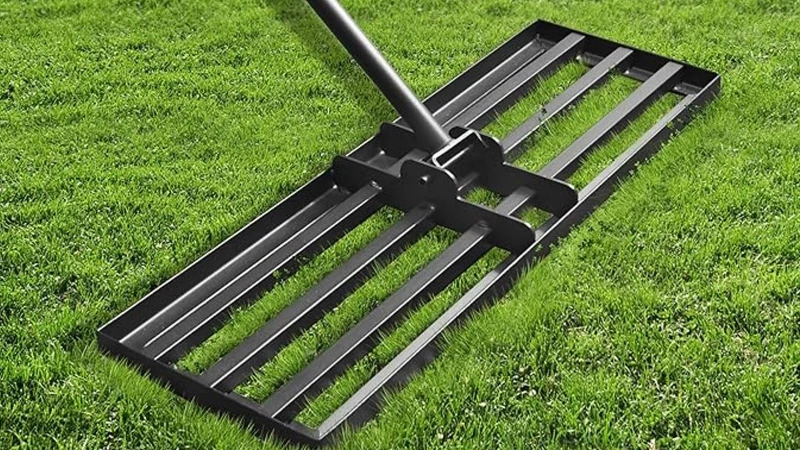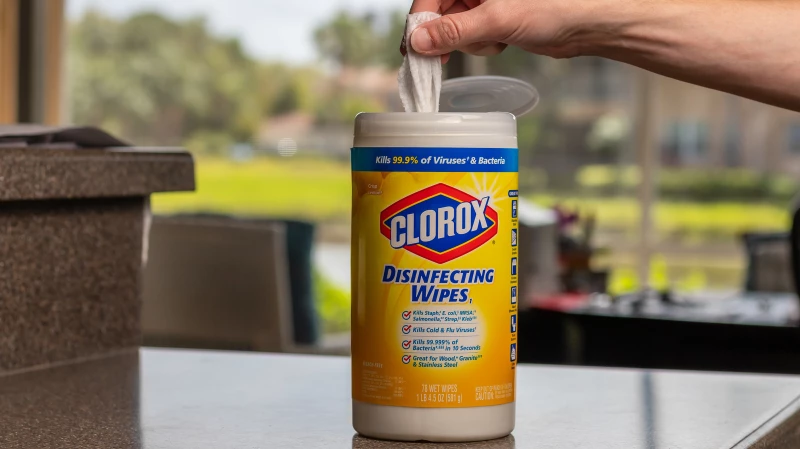Roomba vs Shark: Which Robot Vacuum is Right for You?
With the fast-paced nature of modern life, finding time for basic chores like vacuuming can be a challenge. Thankfully, robot vacuums have revolutionized the way we clean our homes. While the original Roomba from iRobot was the first successful robot vacuum, another brand, Shark, has emerged as a strong competitor. If you're in the market for a robot vacuum, it's important to compare the pros and cons of Roomba and Shark to determine which one is the best fit for your needs.
Roomba: Pros and Cons
Roomba has been a household name since the introduction of robot vacuums in 2002. Here are some pros and cons to consider:
- Pros:
- Highly reliable and efficient cleaning performance
- Advanced navigation technology for thorough coverage
- Wide range of models and features to choose from
- Cons:
- Higher price point compared to other brands
- Some models may struggle with larger debris
- Can be noisy during operation
Shark: pros and cons
Shark is a popular brand known for its vacuum cleaners. While it may not be the original robot vacuum, like the Roomba by iRobot, Shark offers a range of models that cater to different cleaning needs.
One of the advantages of Shark vacuums is their versatility. They not only vacuum but also have the capability to mop floors. Some models, like the j9+, even have automatic filling and emptying features.
However, unlike higher-end Roomba models, lower-end Shark models lack advanced mapping capabilities. This means that if you want the mopping feature to avoid certain areas like carpets and rugs, you will need to purchase additional accessories like invisible walls.
Shark vacuums are known for their strong suction power and ability to self-correct when stuck on obstacles. This makes them effective at picking up dirt and debris.
Shark Robot Vacuums
Shark robot vacuums are produced by a brand that sells a wide variety of handheld and upright vacuums and mops along with its robot vacuum models. Although Shark does not specialize in robot vacuums, the brand does offer more highly specialized individual products. The AI Ultra, for example, is marketed to pet owners and features more powerful suction, HEPA filters, and a self-cleaning brush roll. While much of the technology used in Shark products — including standard HEPA filters on all vacuums — is more advanced than that used in Roomba vacuums, Shark's prices are typically lower. The trade-off to that low price is that, since the company sells more than just robot vacuums, its variety of robotic models isn't nearly as diverse as iRobot's.
In terms of performance, while Shark robot vacuums are better at avoiding objects and not becoming stuck, they are not as skilled at self-correcting once already stuck. Shark robot vacuums that offer mopping abilities do not require strips and allow you to map out your space in an app on your phone, marking off areas such as rugs. If brand recognition, prestige, or nostalgia is very important to you, you may wish to stick with a classic Roomba for your robot vacuuming needs. However, if value is what you're after, Shark is more likely to measure up, especially for pet owners who are concerned about exposure to dander and other allergens.

